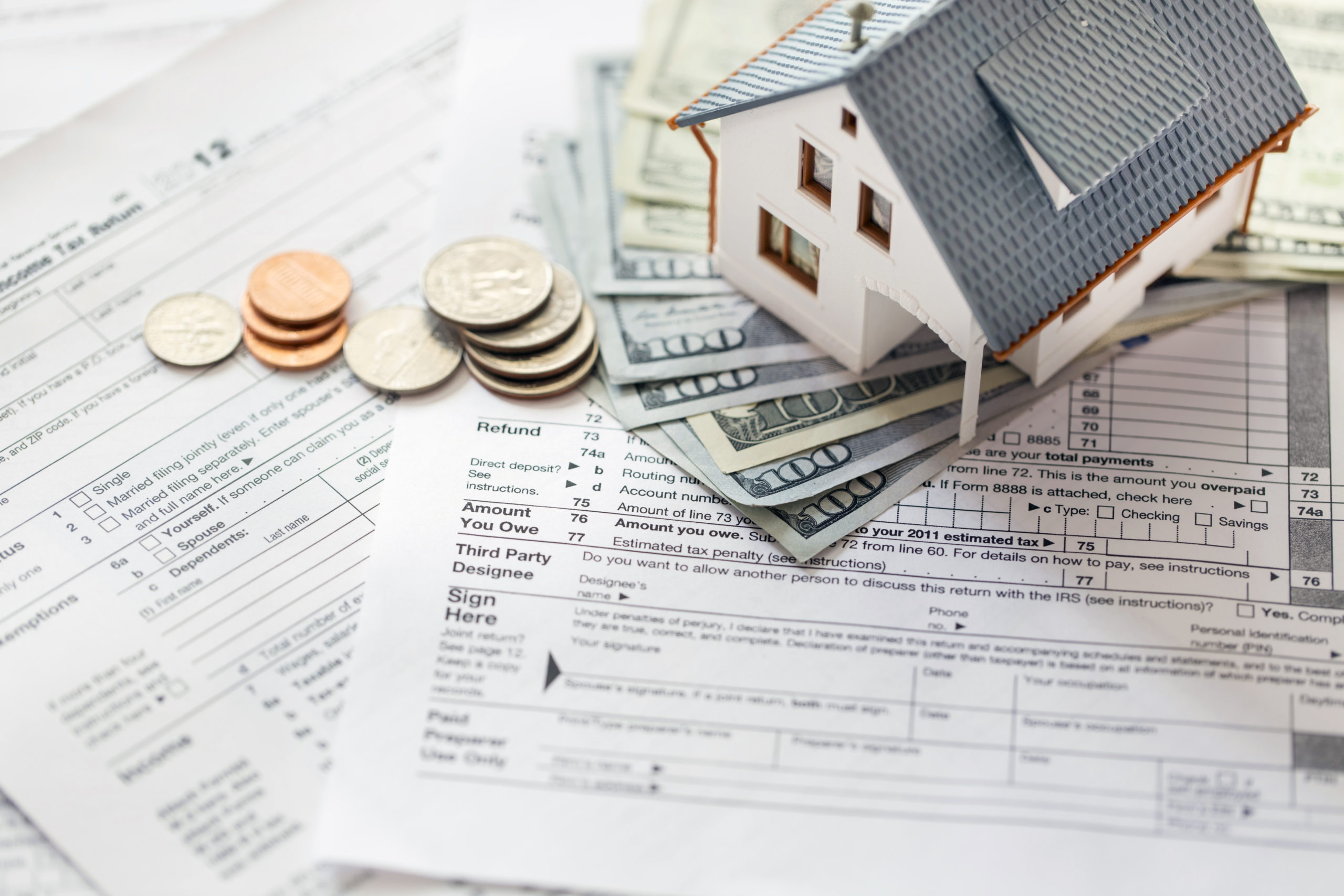www.townofindianlake.com canadian pharmacy viagra no prescriptionPurchasing a new construction home is very similar to purchasing an existing home. However, there is one difference. In addition to the traditional mortgages available to potential homeowners, your builder may be able to offer their own financing package, usually through a subsidiary or affiliate.
Other options include bridge loans and new construction financing. We will look at all of these options in a bit more detail.
Initial steps
Just like any other home purchase, you will first need to obtain a detailed copy of your credit history and figure how much home you can afford. It is wise to order a credit report from at least three major credit bureaus such as Equifax, Experian, and TransUnion.
To figure out how much home you can afford, focus on your debt-to-income ratio and compile a list of all your household and monthly expenses. Building a home is a huge commitment, so you might want to consult a financial advisor to make sure all of your ducks are in a row.
Traditional home loans
- FHA – This type of loan is best suited for those who may not have a large sum of money to make a down payment. Some FHA loans require as little as 3.5 %; however, these types of loans tend to be less forgiving of errors on your credit report. FHA stands for Federal Housing Administration.
- VA – Veteran Affair loans require no down payment, but you must be a veteran, military spouse, or active military service member to qualify.
- Conventional – A conventional loan is not made or issued by a government entity. In light of this, the requirements tend to be a bit stricter. You can expect to put between 10 and 20 percent down.
New-construction financing
New-construction loans are scarcely available in the lending industry. A construction loan is only available to those who are building a home with themselves being the general contractor, or if the homeowner is working with a custom builder.
These types of loans provide short term funds to help you through the six to twelve month building stage. The loan then converts to a long-term loan on a fixed 30 or 15 year period.
Construction financing usually includes a hefty down payment – at least 20 to 25 percent. Additionally, interest rates tend to be higher during the construction period and will go down once construction is complete.
Bridge loans
These loans are short term loans that provide financing during a transitionary period. They are often used for homeowners to tap into the equity of the home they are selling to help purchase a new home.
This could be an option to help you afford the down payment on your new construction home. Ideally, once you finally sell your home, part of those proceeds will pay off your bridge loan. Keep in mind that there usually is a contracted period that you will need to pay off your bridge loan. And if your home does not sell within that period, you could be in a tight spot.
Builder financing
Many building companies have affiliate relationships with lenders or mortgage companies. Because of this, your builder may be able to offer you attractive incentives as well as a speedy application and closing process.
These incentives can include, but are not limited to, price breaks, upgrades to the home, reduced closing costs, and possible leniency on your application.


